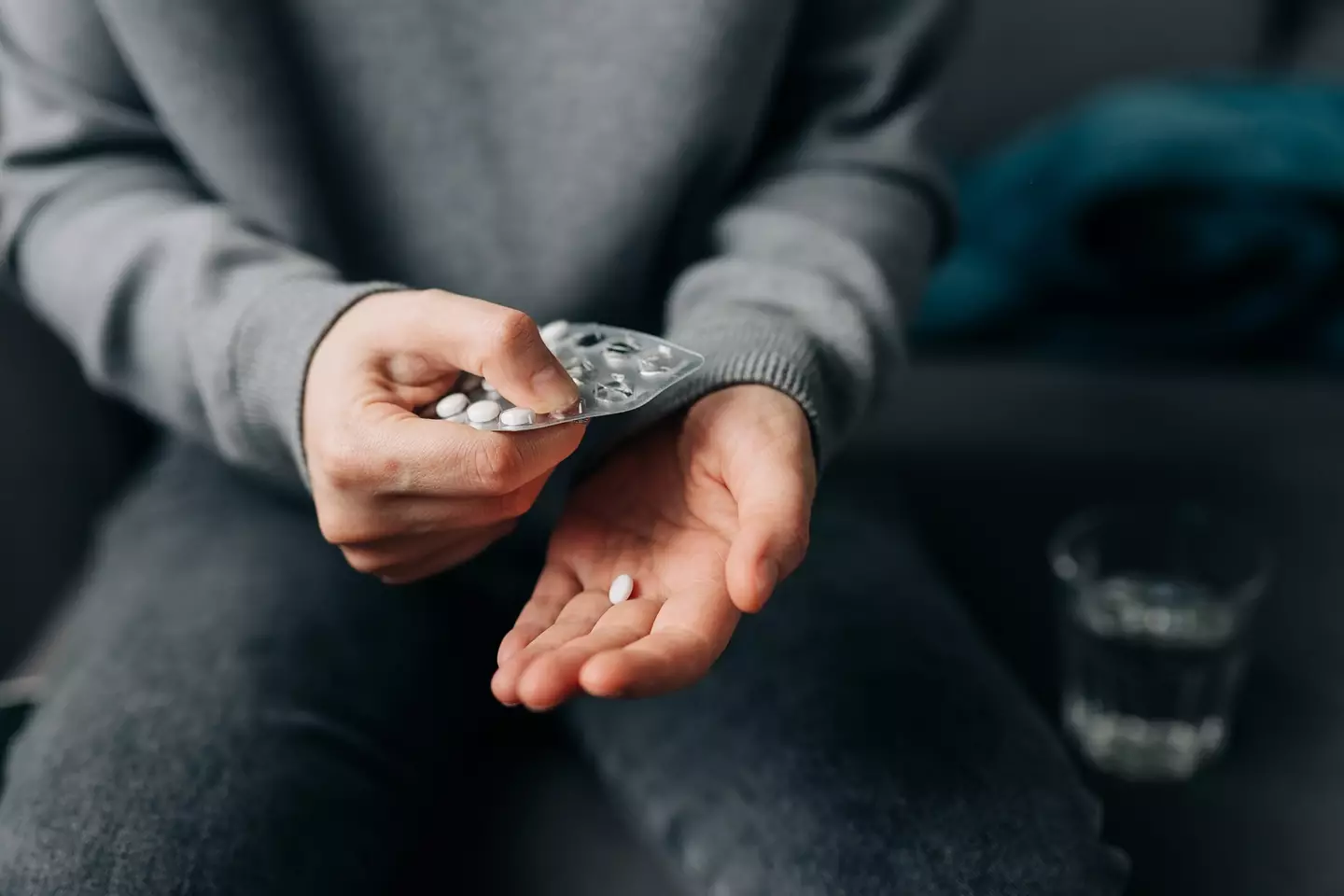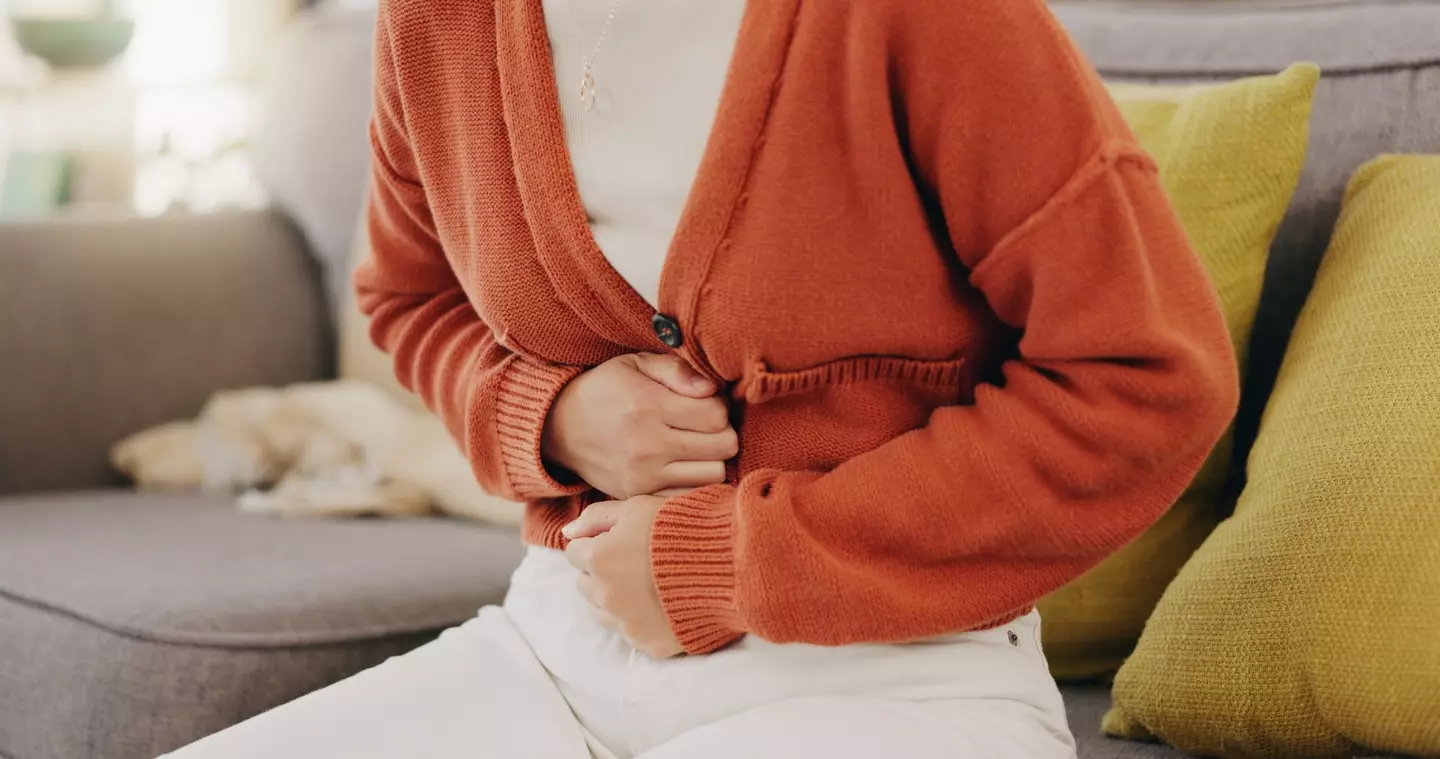Toilet habits may not be the most comfortable topic to discuss, but they can reveal vital information about our health.
Some individuals become ‘voluntary withholders’ without being aware, while others struggle to leave the toilet and find themselves needing to go after every meal.
Generally, changes in bowel movements are not a cause for concern.
However, certain changes, such as a shift in the color of stool, can be alarming.
For instance, if you notice your stool turning green, it might cause some worry.
Luckily, health professionals have shared insights on what this might indicate and when to seek medical advice.

The primary cause of green stool is often significant dietary changes.
It’s typically due to consuming a lot of green vegetables!
Foods such as broccoli, kale, spinach, peas, and asparagus are high in chlorophyll, the green pigment that enables plants to Photosynthesize.
This pigment can lead to green-colored stool.
Other vividly colored foods can have the same effect, including blueberries, smoothies, soda, food dye in icing, and ice pops.

Certain medications and medical conditions can also alter stool color. As noted by the UK charity Guts UK, some antibiotics may result in unusual stool colors.
Being unwell, particularly with a gastrointestinal (GI) infection, might also be the reason. In such cases, frequent trips to the toilet are common.
Conditions like Crohn’s disease can cause stool discoloration. This disease causes inflammation in the digestive system, leading to symptoms such as diarrhea, stomach pain, and cramps, and sometimes blood in the stool.
Additionally, individuals with gluten intolerance, known as celiac disease, may experience green stool as a symptom.

Certain bacteria, including salmonella and norovirus, as well as parasites like giardia, can change stool color.
These organisms cause the digestive system to empty more rapidly, leading to discoloration.
Some may have undiagnosed issues with the liver or gallbladder.
According to Guts UK, “Green poo can also be caused by a condition called bile acid diarrhoea, where bile stays in the stools without being reabsorbed, and hence discolours the poo.”
This condition can occur in cases of liver or gallbladder disease, or following bowel surgery or small intestine disorders.
Howard E. LeWine, Chief Medical Editor at Harvard Health Publishing, stated: “Intermittent green stool in someone who otherwise feels fine is usually related to eating dark green vegetables, such as spinach and kale.”
“Another reason for green poop is the rapid passage of green bile from the small intestine when a person has diarrhoea,” he explained.
“Medications, including bismuth subsalicylate (Pepto-Bismol), iron supplements, and some antibiotics, may also result in greenish colored stool,” he added.

